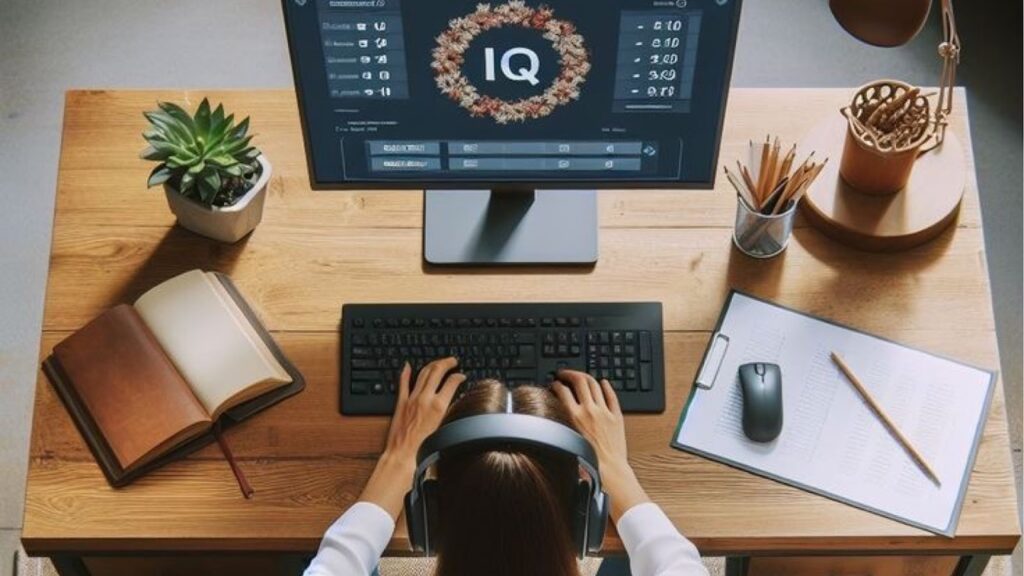Ever feel stuck wondering what you’re good at or what’s holding you back? Discovering your strengths and weaknesses is the ultimate move you need for personal growth. Whether through personality tests, feedback, or guidance from mentors, this journey is transformative. In this step-by-step guide, we’ll break it down so you can easily pinpoint your hidden talents and areas to improve. Let’s get started and discover your best version—it’s easier than you think.
Experiment by Trying New Things
You can’t uncover new talents or recognize weak spots without stepping out of your comfort zone. So, trying new hobbies, activities, or roles at work can reveal hidden skills.

It’s an excellent way to identify strengths and evaluate skills. Who knows? That pottery class might show your creative side while managing a team could highlight areas for growth.
Listen to Honest Feedback
People often see things about us that we can’t. Whether it’s your friend, colleague, or family member, objective feedback is gold for discovering your strengths and weaknesses.

Ask specific questions, such as, “What do you think I’m good at?” or “What should I improve?” Their insights can guide your personal growth and help you assess weaknesses. Take notes—you might need them later.
Do a Personality Test
Personality tests are powerful tools for discovering one’s strengths and weaknesses. They can reveal surprising insights into one’s traits, tendencies, and preferences.

Tools like the Myers-Briggs or Enneagram highlight your strengths and help you assess your weaknesses. They’re not magic answers, but they can kickstart your journey toward self-awareness. Try one today, and save the thank you for later.
Seek Guidance from a Mentor
Mentors are experienced guides who can help you accelerate your self-awareness journey. They have been where you are and can help you evaluate your skills and identify your strengths.

For instance, a mentor might notice qualities you overlook or help you approach challenges differently. Their advice, shaped by real experience, is a powerful tool for personal growth. Trust their insights—they’re usually spot-on and can help you deepen your mind in ways you never thought possible.
Reflect on Your Successes and Failures
Your past experiences hold the key to discovering your strengths and weaknesses. Think about your successes—what skills or traits made them happen? Then, review your failures calmly without being too hard on yourself. Failures often highlight areas where you can grow.

Reflecting on these moments helps with self-awareness and skills evaluation, turning lessons from the past into stepping stones for future success. Keep learning from every experience.
Observe Patterns in Your Daily Life
Pay attention to what comes naturally to you and what feels like a struggle. Are you great at creative tasks but find it hard to handle details? Spotting these patterns helps with strength identification and weaknesses assessment.

Don’t just focus on work—think about your hobbies, how you interact with others, and even how you tackle problems. Your daily habits can reveal a lot about your strengths and areas for growth.
Set Goals and Track Progress
Setting goals is an easy way to identify your strengths and areas for improvement. Start by choosing clear, simple goals, such as learning a new skill or improving your current skills.

Keep track of how you’re doing—this will show you where you’re strong and what still needs work. It’s a great step toward personal growth and becoming more self-aware.
Embrace Continuous Learning
Discovering your strengths and weaknesses isn’t a one-time activity—it’s a lifelong process. Try your best to attend workshops, read self-help books, or take courses to build skills.

Each learning experience boosts self-awareness and contributes to personal growth. Continuous learning ensures you’re always evolving, which is necessary for staying relevant and successful. Keep growing—it’s worth it and will pay off someday.
Start Your Journey to Self-Discovery
Discovering your strengths and weaknesses is like getting to know yourself better. Knowing what you’re good at and where you need improvement helps you make smarter choices. What is the importance of knowing your strengths and weaknesses? It’s simple: it guides you toward success and personal growth. Embrace the process—it’s not about being perfect but about learning, improving, and becoming the best version of yourself.
